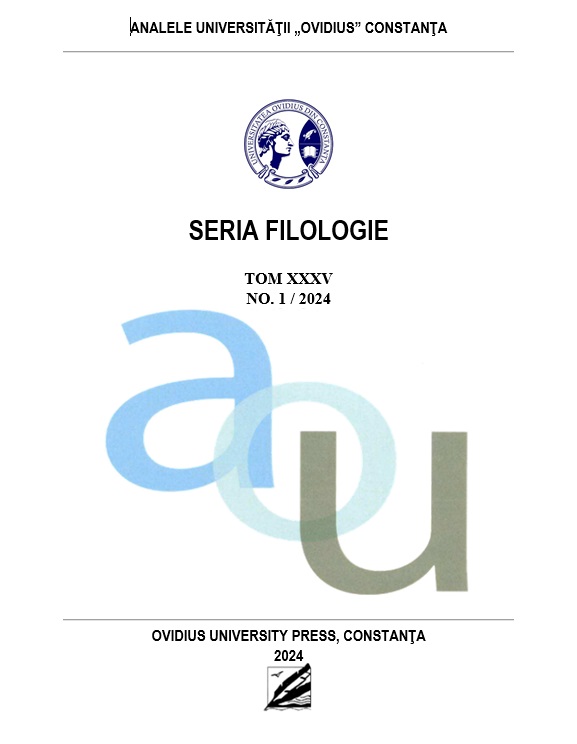Applying Neurocognitive Research in the Language Classroom: Potential Benefits of Using Metaphors in ESP Vocabulary Instruction
Applying Neurocognitive Research in the Language Classroom: Potential Benefits of Using Metaphors in ESP Vocabulary Instruction
Author(s): Jasmina Jelčić Čolakovac, Selma ELKASOVIĆSubject(s): Language and Literature Studies, Philology
Published by: Ovidius University Press
Keywords: ESP vocabulary; metaphor in language instruction; language teaching; neurocognitive approach; LSP teaching
Summary/Abstract: Conceptual metaphors (CMs) have been widely researched in the context of foreign language vocabulary organisation since Lakoff and Johnson introduced them in 1980. Since then, extensive research has been conducted in major European languages such as French, Dutch and German, including a focus on various applications of CMs in language teaching. Bilingual studies on CMs have mostly explored metaphors from the perspective of language universality, focusing on CMs that are found in both the target and source language. The results of these studies have shown that learners tend to benefit from raised metaphoric awareness, as evidenced by the effectiveness of vocabulary retention. However, when it comes to CM studies from the neurocognitive perspective, such studies are relatively scarce and further research into metaphor application is required. The aim of this article is to address this research gap and delineate the neurocognitive studies on CMs, with the end goal of proposing potential methods of implementing metaphors in ESP vocabulary instruction.
Journal: Analele Universităţii Ovidius din Constanţa. Seria Filologie
- Issue Year: XXXV/2024
- Issue No: 1
- Page Range: 305-324
- Page Count: 20
- Language: English

